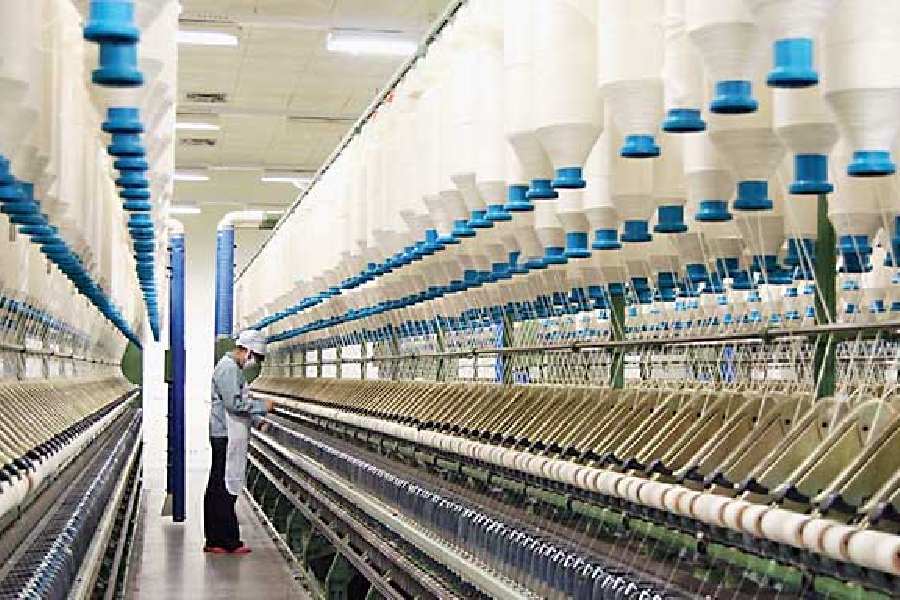The textile and apparel industry expects the budget to reduce import duties on raw materials as it aims to become a $350-billion market by 2030, including $100 billion in exports.
Industry groups are also lobbying for a direct benefit transfer (DBT) system for cotton farmers and tax incentives to exporters.
The Confederation of Indian Textile Industry (CITI) has urged the government to cut basic customs duties on key raw materials such as man-made fibres (MMF), filaments and chemicals such as purified terephthalic acid (PTA) and monoethylene glycol (MEG).
High tariffs inflate production costs, putting Indian manufacturers at a disadvantage compared with competitors such as Bangladesh and Vietnam, which enjoy duty-free imports.
“Expensive raw materials weaken the cost competitiveness of Indian textile products,” said a CITI official. “Reducing import duties is crucial to achieving the sector’s ambitious growth targets.”
The CITI has proposed replacing the current minimum support price (MSP) procurement model with a DBT system. Under the plan, farmers would sell cotton at market prices, with the government transferring the price difference to their accounts if prices fall below MSP.
The CITI has suggested a cotton price stabilisation fund, which would offer loans to mills at reduced interest rates, extend credit periods and lower margin money requirements.
The Apparel Export Promotion Council (AEPC) has also called for significant tax incentives in the upcoming budget, set to be presented on February 1 by finance minister Nirmala Sitharaman.
“High import duties on machinery hurt India’s competitiveness against countries such as Bangladesh and Vietnam,” said AEPC chairman Sudhir Sekhri. “Reducing these duties to zero would enhance efficiency and output.”











